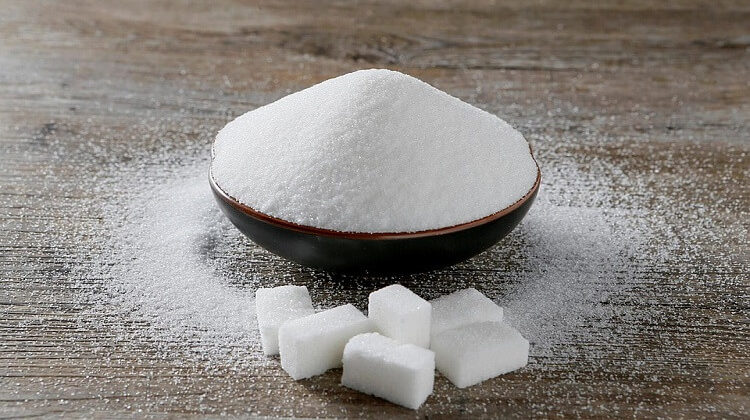
Sodium chloride is a metal halide salt with the chemical formula NaCl. Potassium chloride is also a metal halide salt and the chemical formula of this compound is KCl. Both of these chemical compounds feature an alkali metal (a group 1 element) and a halogen (a group 17 element).
Important Properties and Uses of Sodium Chloride and Potassium Chloride
Some most important physical and chemical properties of sodium chloride and potassium chloride are provided in this article. The various applications of these compounds in the day-to-day lives of humans are also touched upon.
Sodium Chloride
Sodium chloride, also known as common salt, is an ionic compound featuring an ionic bond between a single sodium cation and a single chloride anion. The sodium cation is known to have a charge of +1 and the chloride anion is known to have a charge of -1. Some important properties of sodium chloride are listed below.
- The molar mass of sodium chloride can be approximated to 58.4 grams per mole.
- Under standard this is conditions for temperature and pressure (often abbreviated to STP), sodium chloride is known to exist in the form of colourless cubic crystals. However, sodium chloride can also have a white appearance.
- Sodium chloride does not have any characteristic odour associated with it. It can be thought of as an odourless compound.
- The density of this ionic compound is roughly equal to 2.17 grams per cubic centimetre.
Applications of Sodium Chloride
- Sodium chloride is used in the oil and gas industry as a component of drilling fluids.
- This compound is also used in the preservation of food.
- Organic contaminants in textiles can be separated with the help of brine solutions made of sodium chloride.
Potassium Chloride
Potassium chloride is a chemical compound featuring one potassium atom and one chlorine atom. But what is a compound? A compound is a chemical species featuring 2 or more elements. In potassium chloride, the potassium cation holds a charge of +1 and the chloride anion holds a charge of -1. Some important properties and applications of potassium chloride are listed below.
Applications of Potassium Chloride
- The molar mass of potassium chloride is equal to 74.55 grams per mole.
- Under standard conditions for temperature and pressure, this compound is known to exist in the form of a white crystalline solid.
- It can be noted that potassium chloride does not have any characteristic odour associated with it.
- The density of potassium chloride is known to be equal to 1.984 grams per cubic centimetre.
- The melting point of this ionic salt is known to be equal to 770 degrees Celsius. On the Kelvin scale, this value is equal to 1040 K.
- The boiling point of this compound is equal to 1420 degrees Celsius, which is equal to 1690 K on the absolute temperature scale.
- Potassium chloride is highly soluble in water. At a temperature of 20 degrees Celsius, the solubility of this compound in water is equal to 340 grams per litre (roughly).
Potassium chloride is widely used in the agricultural industry for the production of potash.

